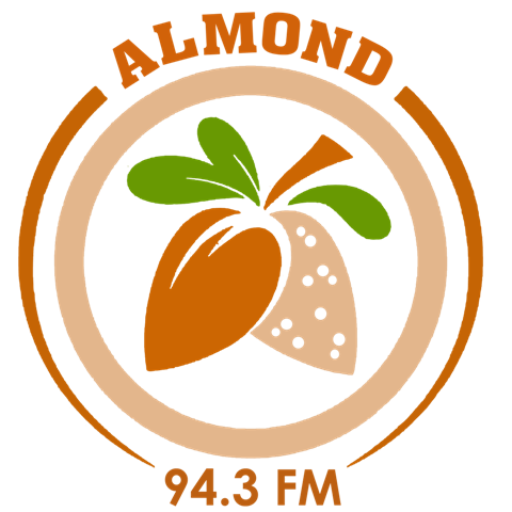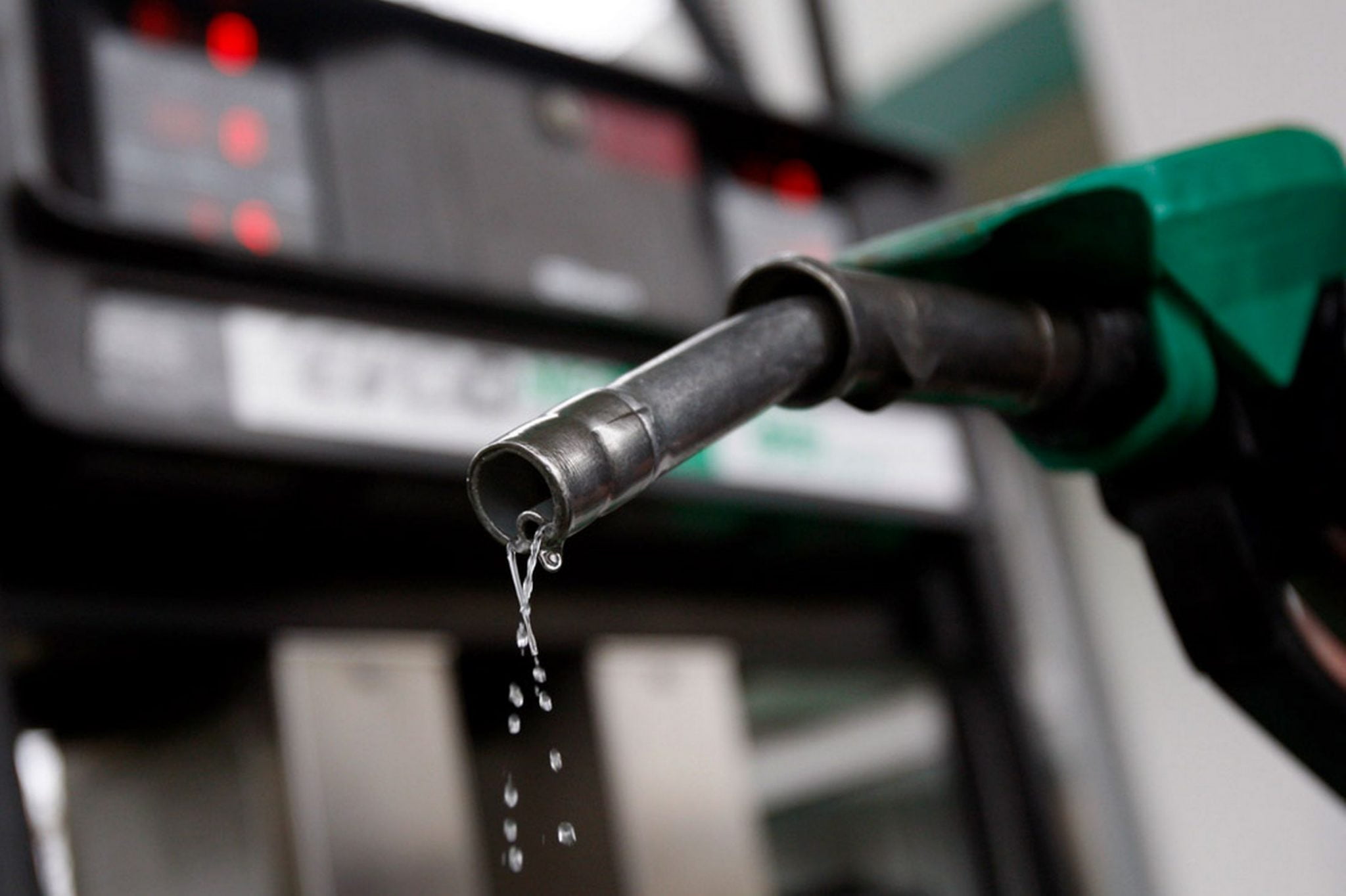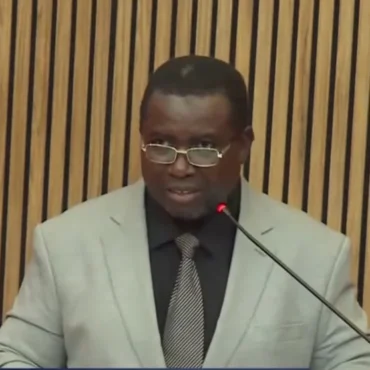Nigerians are facing higher costs to purchase premium motor spirit, commonly known as petrol, as prices surged at several filling stations in the nation’s capital, Abuja, on Monday. Several outlets, including those operated by the Nigerian National Petroleum Company Limited (NNPCL), have raised their fuel prices significantly, reflecting a new price range between N905 and N945 per litre as of October 6, 2025.
Filling stations such as Empire, AA Rano, and Shema, along with NNPCL stations in key areas like Wuse Zone 6 (Berger), Wuse Zone 4, and along Kubwa Expressway, have all adjusted their pumps to show the higher fuel prices. Among these, Empire Filling Station located in Gwarimpa stands out for selling petrol at the steepest price of N945 per litre.
Other filling stations operating in Abuja, including MRS, Emedeb, Raniol, and Eterna, have also increased their prices, though at a slightly lower range of N885 to N910 per litre. This shift has left many motorists feeling the immediate impact on their transportation costs, with some expressing concern over the rising expenses in an already challenging economic environment.
Industry insiders have attributed this price hike primarily to disruptions caused by the recent strike action initiated by the Petroleum and Natural Gas Senior Staff Association of Nigeria (PENGASSAN). The strike led to interruptions in fuel supply chains, causing a ripple effect of scarcity and panic buying in key cities, including Abuja and Lagos.
According to representatives of the Independent Petroleum Marketers Association of Nigeria, the disruption has created artificial shortages, driving prices higher. Some marketers who receive fuel directly from Dangote Refinery have reportedly maintained prices between N885 and N895 per litre, signaling a possible price stabilization in those outlets compared to others affected by supply gaps.
Despite the current price increase, industry officials remain optimistic that the situation will improve soon. They expect that as fuel availability normalizes and panic buying subsides, prices will gradually return to more affordable levels.
On the wholesale side, depot prices for petrol have also seen a slight uptick. At Dangote Refinery and other major depots such as Raniol and Aiteo, prices have increased to approximately N844 to N845 per litre, with NIPCO pricing petrol at around N850 per litre in Lagos State. These shifts in depot prices have a direct impact on retail fuel costs, contributing to the current hike experienced at the pump.
The recent tensions between PENGASSAN and Dangote Refinery, which sparked the strike, had been resolved following intervention by the Federal Government, bringing an end to the two-day work stoppage. Both parties reached an agreement, allowing fuel supply operations to resume, though the aftereffects are still influencing market prices.
In a broader commentary on the situation, Vice President Kasim Shettima emphasized that the nation’s interests must come before any union actions that threaten the country’s stability. His remarks sparked responses from PENGASSAN’s leadership, underscoring ongoing debates about the balance between workers’ rights and national economic priorities.
As Nigerians adjust to the new fuel prices, attention remains focused on how the government, oil marketers, and unions will work together to ensure steady fuel supplies and price stability in the coming weeks. The current developments underscore the delicate nature of Nigeria’s fuel market and the far-reaching consequences of disruptions within the sector.






Post comments (0)